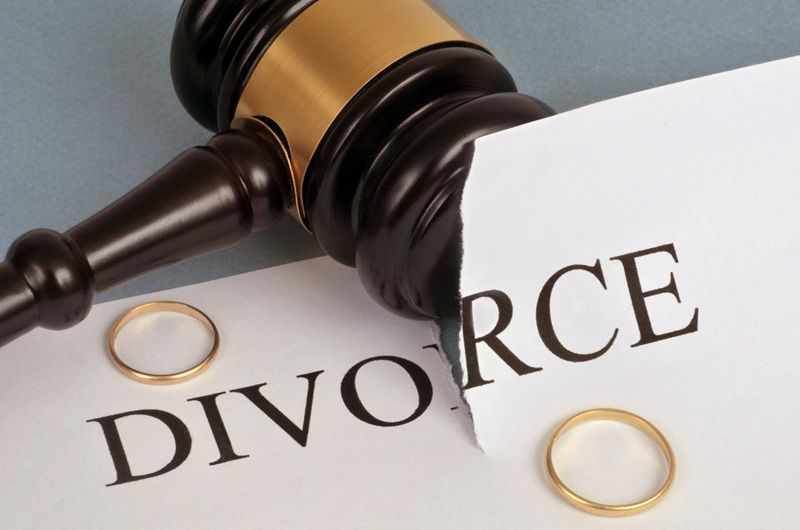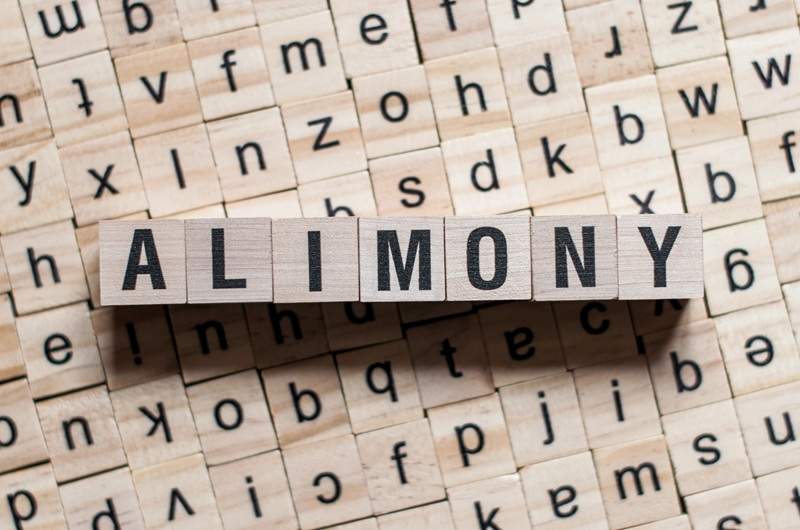What’s The Charge For Underage Drinking In Virginia?
What’s The Charge For Underage Drinking In Virginia?
As the weather begins to warm up, local concert venues begin to open their doors. While thousands in the Northern Virginia area responsibly enjoy concerts at venues such as Jiffy Lube Live, Wolftrap, and Jammin Java, inevitably many young people will consume alcohol while enjoying music at these venues.
One of the most common issues that officers encounter at Manassas and eldairfax music venues is underage patrons drinking alcohol. Officers monitor both the venues and the parking lots outside of these concert venues to prevent and arrest underage drinkers.
In Virginia, the legal age for purchasing, possessing, or consuming alcohol is 21. While the age limit for legally possessing alcohol is 21, there are some differences in how an underage possession of alcohol charge is handled depending on whether the person arrested is under 18 years old or over 18 years old.
A person who is caught drinking underage, such as at a concert venue, will be arrested or issued a summons for underage possession of alcohol and, if they are 17 years of age or younger, they will have to appear in the Juvenile and Domestic Relations Court. A juvenile charged with underage possession of alcohol faces a possible sentence of up to 30 days in juvenile detention, imposition of community service, probation and a mandatory six month loss of license.
If the charge is a juvenile’s first offense for underage possession of alcohol, the court may find facts sufficient to find the accused guilty but defer the matter for possible dismissal upon successful completion of certain conditions such as alcohol treatment, community service and/or compliance with probation.
An adult, a person over eighteen, who is charged with underage possession of alcohol will face charges in the General District Court. An underage possession of alcohol charge for an adult is punishable as a class one misdemeanor with a possible penalty of up to one year in jail and/or a $2,500 fine. The person will also be required to pay a fine of at least $500 or perform 50 hours of community service. The license of the person charged for underage possession will be suspended for a period of six months to one year. An adult conviction for underage possession of alcohol will remain on a person’s criminal record for the rest of their life.
However, if this is the first offense of underage possession of alcohol for the person charged, they may be eligible for a first offender disposition. This means that the Court may accept a guilty plea from the accused but defer the case for a period, place the accused on probation, and have the person enter a substance abuse program or class. The Court may also impose community service and/or the license suspension. Upon successful completion of the terms of probation the Court may dismiss the charge against the accused.
If you or a friend or family member has been charged with the offense of Underage Possession of Alcohol contact the experienced criminal defense attorneys at the firm of The Irving Law Firm for a free consultation.




